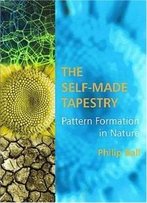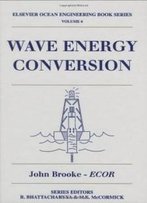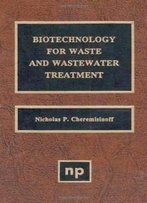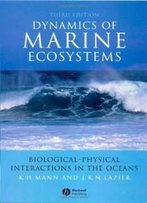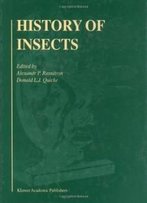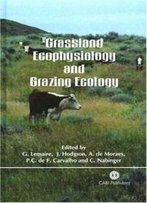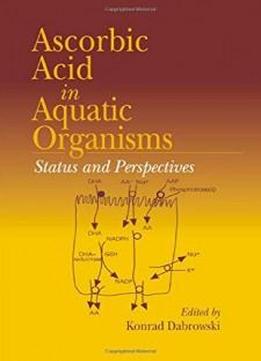
Ascorbic Acid In Aquatic Organisms: Status And Perspectives (marine Biology Ser)
by Konrad Dabrowski /
2000 / English / PDF
3 MB Download
We are just beginning to discover the importance of vitamin C in
the health of natural and man-made ecosystems. Synthesis of
ascorbic acid is well understood, but algae as the only source of
ascorbate in the aquatic food pyramid has not been explored. There
is an expanding field of the culture of aquatic organisms that
demand formulated feeds to best meet their requirements for health,
growth, and reproduction. With over 100 species now cultured for
human consumption, the question arises as to whether we have
reliable information for the dietary needs for vitamin C for even a
small percentage of these organisms.
We are just beginning to discover the importance of vitamin C in
the health of natural and man-made ecosystems. Synthesis of
ascorbic acid is well understood, but algae as the only source of
ascorbate in the aquatic food pyramid has not been explored. There
is an expanding field of the culture of aquatic organisms that
demand formulated feeds to best meet their requirements for health,
growth, and reproduction. With over 100 species now cultured for
human consumption, the question arises as to whether we have
reliable information for the dietary needs for vitamin C for even a
small percentage of these organisms.
A comprehensive approach to the role of vitamin C at the cellular
level as well as in the aquatic food chains, this book discusses
growth and reproduction, disease resistance, and toxicology of
aquatic organisms.
A comprehensive approach to the role of vitamin C at the cellular
level as well as in the aquatic food chains, this book discusses
growth and reproduction, disease resistance, and toxicology of
aquatic organisms.
Ascorbic Acid in Aquatic Organisms was written as the offshoot of a
special session on aquatic organisms and practical aquaculture at
the 1998 World Aquaculture Society (WAS) meeting.
Ascorbic Acid in Aquatic Organisms was written as the offshoot of a
special session on aquatic organisms and practical aquaculture at
the 1998 World Aquaculture Society (WAS) meeting.
This book reviews the research already available and identifies new
directions for research. It is a unique combination of good
nutrition research, ecology, and practical aquaculture (for
instance brine shrimp enrichment). This interdisciplinary volume
will appeal to marine fish culturists, aquatic biologists,
comparative and evolutionary cellular physiologists, and
environmental toxicologists.
This book reviews the research already available and identifies new
directions for research. It is a unique combination of good
nutrition research, ecology, and practical aquaculture (for
instance brine shrimp enrichment). This interdisciplinary volume
will appeal to marine fish culturists, aquatic biologists,
comparative and evolutionary cellular physiologists, and
environmental toxicologists.


